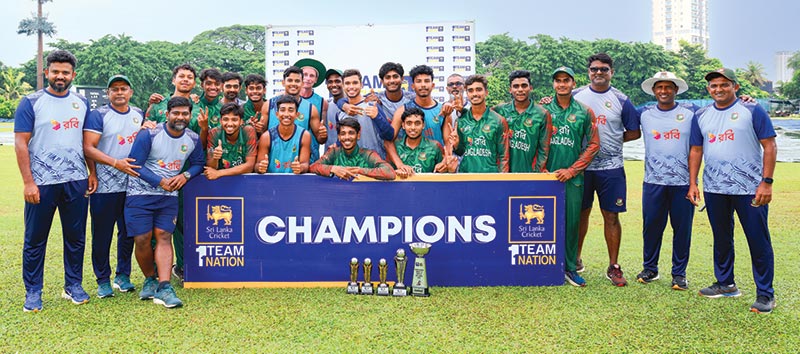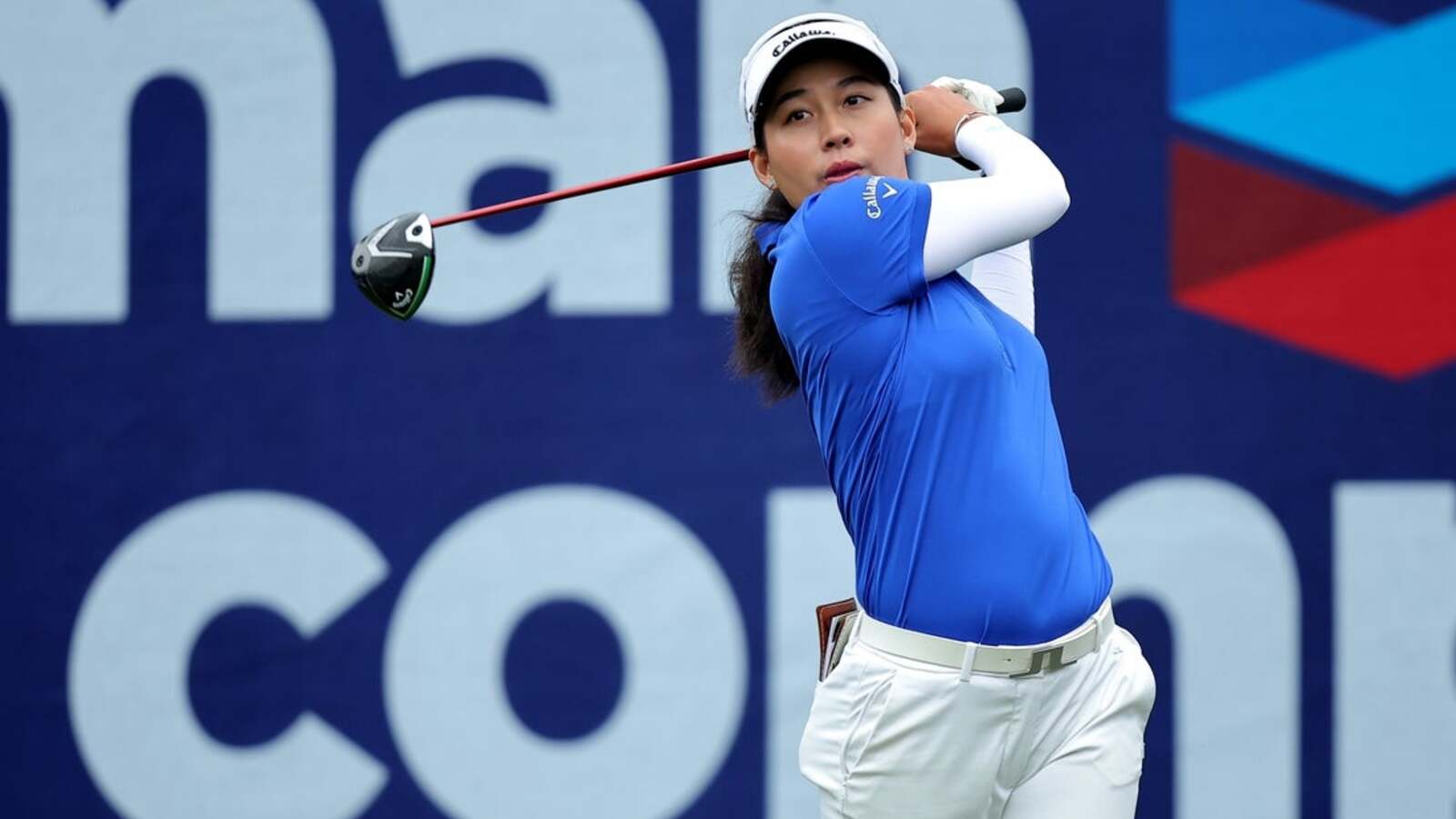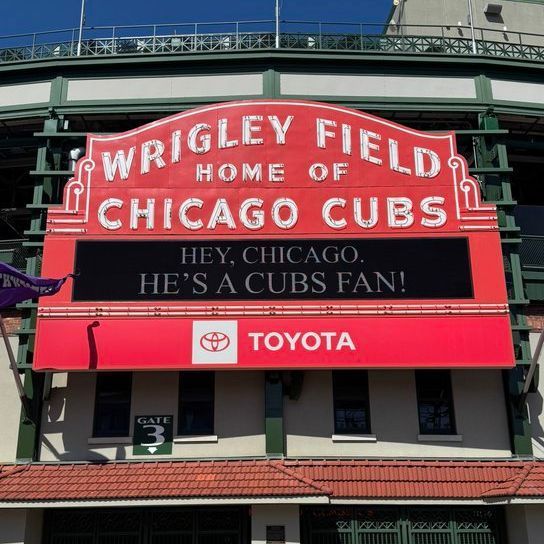Famed filmmaker David Cronenberg's newest film The Shrouds (now in theatres) has been marked as his most personal film work to date. Starring Vincent Cassel, Diane Kruger, Sandrine Holt, Guy Pearce, Jennifer Dale and Elizabeth Saunders, the beginning of Cronenberg's process to craft the film came after the death of his wife, Carolyn Zeifman. The film's lead character Karsh (Vincent Cassel), with a striking resemblance to Cronenberg in The Shrouds , started a company called GraveTech, inventing technology to enable people to monitor the corpse of their dead loved ones.
Karsh uses the technology to observe his late wife Becca (Diane Kruger). But when the GraveTech cemetery is vandalized and the system hacked, that's when the mystery begins, with Karsh seeking assistance from Becca's sister Terry (also played by Kruger), and Terry’s ex Maury (Guy Pearce). Eventually we meet blind woman Soo-Min (Sandrine Holt), the wife of one of GraveTech's clients, and Soo-Min is managing the creation of a Budapest GraveTech cemetery, as her husband's death approaches.

'As soon as you start to write, it becomes fiction' As Cronenberg explained, while The Shrouds began after his wife's death, through working on the film the work became more of a fictional venture. "As soon as you start to write, it becomes fiction, and suddenly you're not restricted by the reality of what happened to you," Cronenberg told Yahoo Canada during last year's Toronto International Film Festival (TIFF). "You are now creating fictional characters and fictional situations, and it gives you some interesting distance.
" "The initial inspiration for it is still always there, but it becomes further and further from you. It's not really an attempt to capture the exact essence of the past or anything like that. .
.. And then for a writer, that's exciting, the creative element of it, of shaping a new story, inventing characters and so on.
...
It's only when you're showing the film and you no longer have to control things and shape things that it has an emotional impact on you. Really it comes to life only then, when you're screening the film for other people." In terms of exploring of grief through paranoia and conspiracy element of the film, Cronenberg identified that much of those elements came from how people respond to loss.
"I noticed over many, many years of various people, friends, family, who have suffered the loss of somebody close, that there is this sort of strange need to blame someone for something, whether they blame themselves or they're blaming the doctors, the treatment, the misdiagnosis, the accident that shouldn't have happened," Cronenberg said. "There seems to be a need to find meaning in it. You know, it's very difficult to accept that these things happen for no actual good reason.
" 'I wasn't at first sure I was what they were looking for' For Holt, she described working on The Shrouds as an appealing challenge, including navigating how to play a blind character. "I wasn't at first sure I was what they were looking for when I got the audition," Holt said. "But I sort of did my interpretation and David seemed to like it.
" Describing her collaboration with Cronenberg, she said it was a very "relaxed" atmosphere. "For me, personally, I sort of came in towards the end, and I don't live in Toronto, so I really just met him when I came in, and he's great," Holt said. "He just sort of lets you .
.. do your own thing, and if he has any notes, he gives them to you.
But it's very relaxed. The atmosphere on set is very, very chill, very pleasant." "There wasn't any real rehearsal period, but .
.. you can feel that everybody's just really trying to make something meaningful.
From the costume designer to the DP, every single person that's on that set is really bringing their best." David Cronenberg on AI: 'It will do horrible things, and it will do wonderful things' While much of Cronenberg's work has looked at the power of technology and technological paranoia, with The Shrouds he continues to lean into the fact that human are technological beings. "For me, technology has always been an extension of what it is that makes us human, and so I always expect technology to reflect what we are, the best part of us and the worst part of us," Cronenberg said.
"People talk about artificial intelligence, for example, I think it's the same thing. It will do horrible things, and it will do wonderful things, just the way humans do both of those things." In a separate interview, Holt also highlighted the interested intersection of technology and loneliness.
"I was just thinking about how technology has affected our lives in every facet at this point, from dating to learning to to everything," she said. "Using technology to control the feeling of loss is kind of interesting. Like can technology ease grief or loneliness? .
.. I feel like technology sort of increases the feeling of loneliness.
".
Sports

'The Shrouds': David Cronenberg on how technology reflects 'the best part of us and the worst part of us'
Famed filmmaker David Cronenberg's newest film The Shrouds has been marked as his most personal film work to date, crafted after the death of his wife, Carolyn Zeifman.















